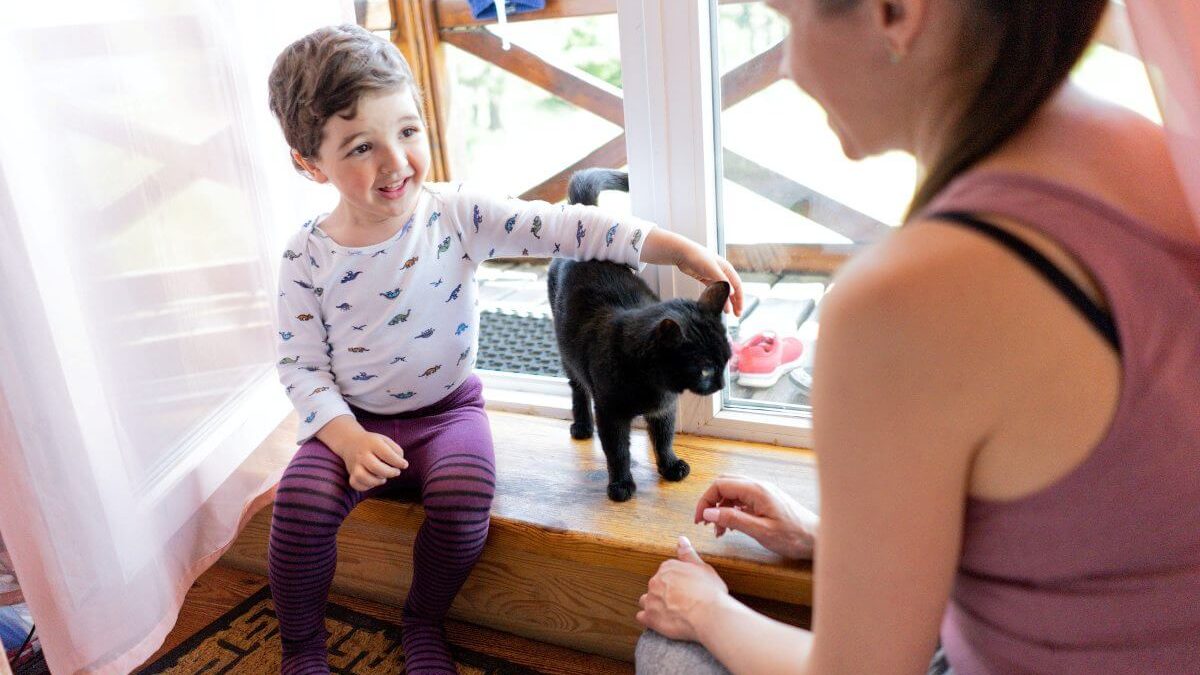Foster children come from all walks of life and can struggle to form emotional attachments with primary caregivers. This isn’t on purpose; they may have been on the move too many times in a short period, making them feel nervous and anxious about entering a new home. This is a gap a pet can help bridge because they provide companionship, enjoyment, and so much more.
1. The Right Pet
Having a pet while fostering is allowed, but you’ll have to ensure it’s the right pet. If you’re considering introducing a pet to an established foster family, you can easily get in touch with your agency, which will work with you to match the right pet with your family. Some children may be allergic or scared of certain animals, and their needs are the number one priority.
If you’ve recently registered with an agency like thefca.co.uk and you already have a pet, you will need to carry out a questionnaire as part of the assessment process. After all, they will be just as much part of the family as you.
2. Boosting Emotional Wellbeing
Foster children often feel isolated, even if they’ve have moved into a busy home. Having a family pet is a great way to reduce these feelings and fight off depression. As well as this, a pet will help develop empathy and caring skills, which are invaluable qualities to learn in life.
3. Help with Staying Active
Staying active is more relevant if you’ve got a dog because they need to go for walks and enjoy plenty of play. However, if you’ve got a kitten, you’ll find they go through periods of high energy and need to be played with – a lot.
4. Stress Reducing
Having a cuddle and stroking a pet has been proven to lower heart rate and blood pressure, which helps to alleviate stress. Your pet doesn’t have to be a dog or cat to reduce stress. Research has proven that watching fish swim in a tank has the same calming effect.
5. Teaches Responsibility
Learning responsibility is essential for all children, and a pet will easily help with this. Whether you’ve got a rabbit with a hutch that needs cleaning, a cat that needs grooming, a dog that needs walking, or a fish with a tank to clean, there’s plenty of responsibility to dish out. As well as promoting responsibility, caring for a pet will provide a sense of achievement.
6. Allergy Reduction
There is plenty of evidence out there to indicate that people that grew up with pets have stronger immune systems. Research carried out by the University of Warwick, which tested for IgA antibodies in the saliva of 138 children, found that those with pets were more able to fight off colds and flu.
Also Read: Dog Water bottle asobubottle.com: The Perfect Water Bottle for Your Active Dog
Foster children can feel weary when arriving at a new home, but a pet will help them feel at ease and provide an opportunity for companionship. As well as emotional support, a pet will teach responsibility and boost their immunity.


Stay connected